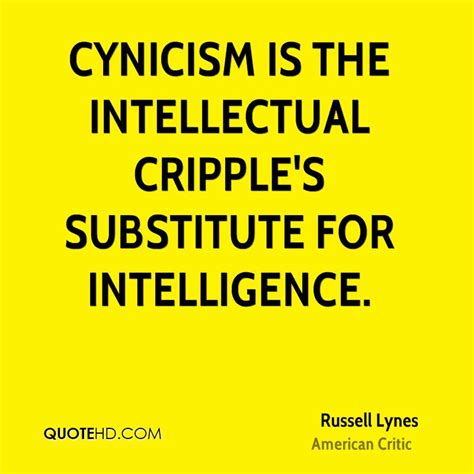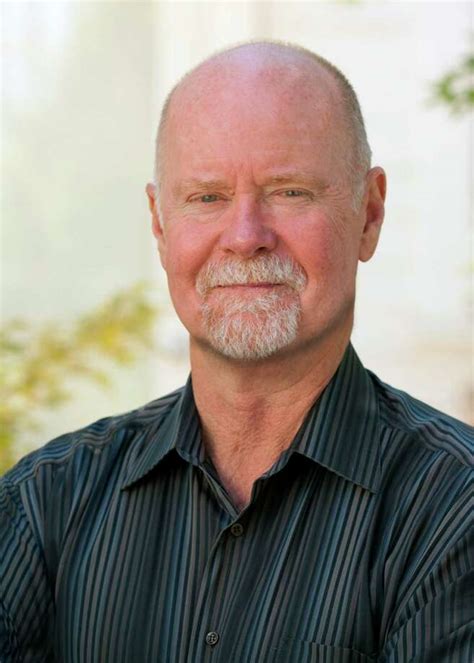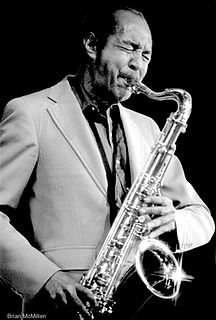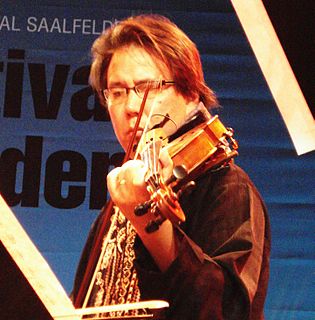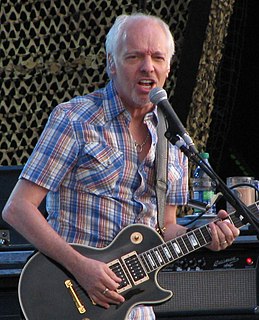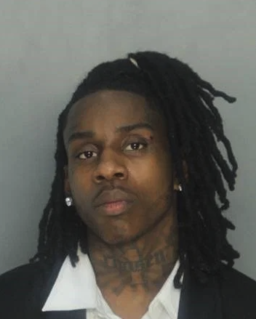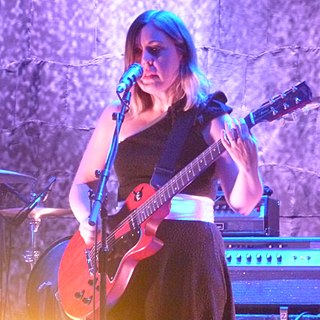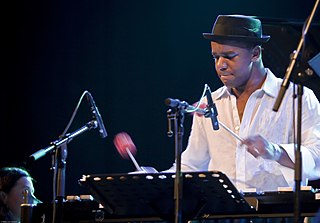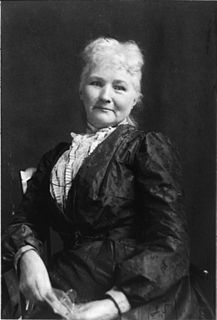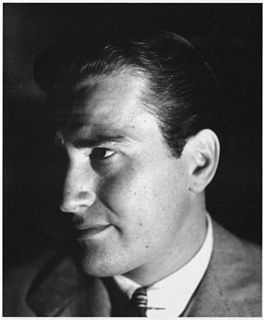A Quote by Mose Allison
As far as I'm concerned, the essentials of jazz are: melodic improvisation, melodic invention, swing, and instrumental personality.
Quote Topics
Related Quotes
Improvisation was the blood and bone of jazz, and in the classic, New Orleans jazz it was collective improvisation in which each performer, seemingly going his own melodic way, played in harmony, dissonance, or counterpoint with the improvisations of his colleagues. Quite unlike ragtime, which was written down in many cases by its composers and could be repeated note for note (if not expression for expression) by others, jazz was a performer's not a composer's art.
Yeah, on the records, the guitars are made melodic, and I try to make it memorable. There's not much just wanking, to be honest - it's mostly melodic parts. I try not to play too many notes. It's just more instrumental music. It's a totally valid criticism if you don't like that kind of thing. It also is maybe a little anachronistic or unnecessary in a certain way.
It's always difficult to define what jazz is or what jazz isn't. To me, the only definition that I can think of is it's music where a lot of different elements are played at the same time. The harmonic, the melodic... You're pushing the boundaries on every level. That could be true of rhythm and blues as well. I'm a musician.
I think the B-52's were a huge influence on Sleater-Kinney. The way that there'd be a really interesting guitar line that'd be really melodic and kind of simplistic, I really related to that. The sense of melody is really intense and fun. It's not just traditional song structures, but it's very melodic and draws you in, in kind of an immediate way.

